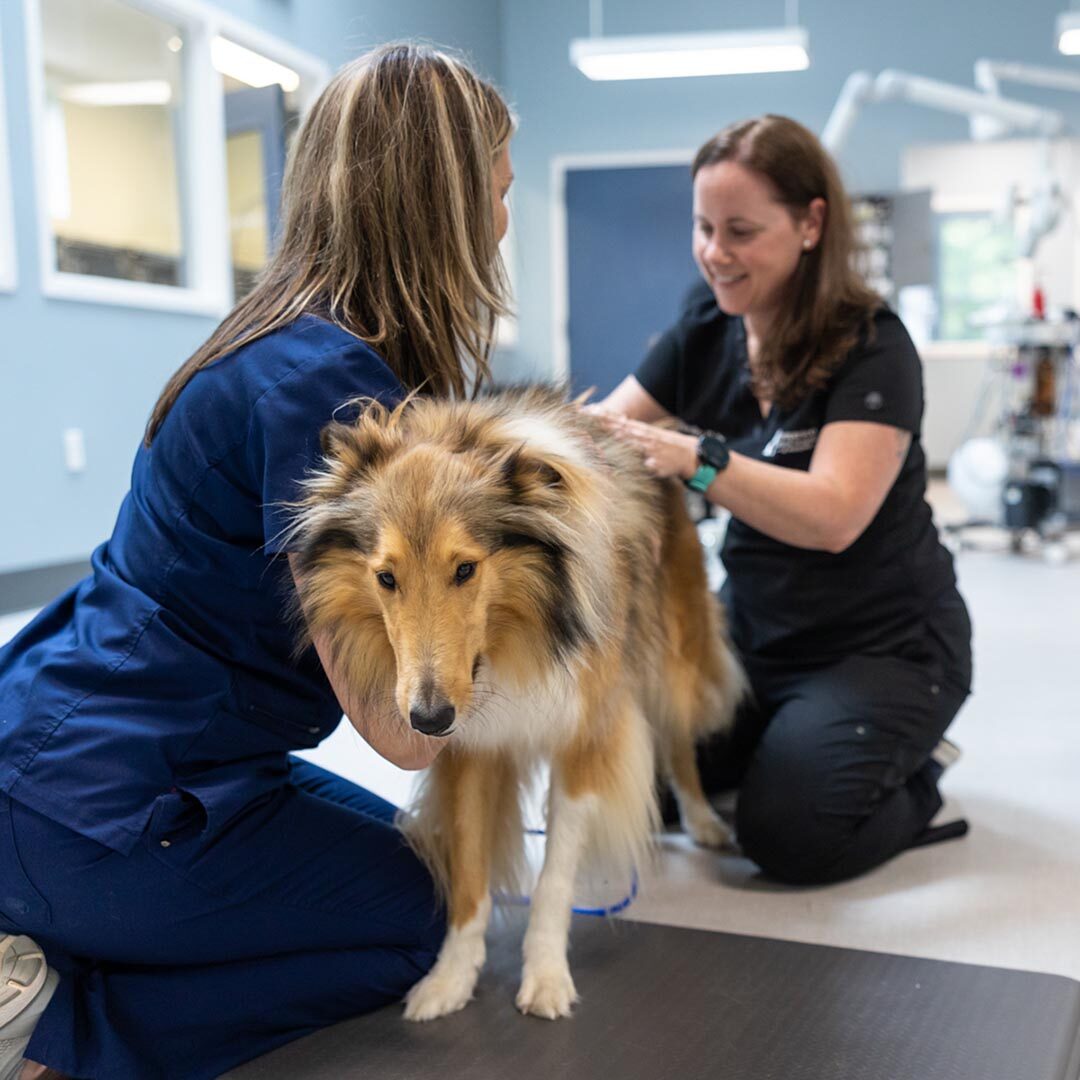Pets experience pain as keenly as we do, but they don't always show it. Sometimes they will limp, shake, cry out, whine, groan, or refuse to move; but many pets simply carry on, trying to do all the things they usually do.
Pets are naturally inclined to hide any vulnerability. Such behavior would have saved them from looking vulnerable (and like a bigger predator's next meal) in the wild. Fortunately, if you know what to look for, there are some subtle clues that can help you determine if your pet is experiencing pain.
Changes in mobility – refusing to go upstairs; avoiding jumping or climbing; not chasing after a favorite toy; stiffness while walking; reluctance to walk on hard or slippery surfaces
Changes in posture – arching their backs; assuming a sunken back; taking on a very rigid stance; changes in gait
Changes in energy levels – hiding more often than usual; failure to get excited when you come home; etc.
Changes in breathing – panting; breathing with their mouth open; fast or shallow breathing
Changes in the eyes – squinting or discharge; enlarged pupils
Changes in grooming habits – repeatedly licking at, rubbing, or chewing at a certain area
Changes in food and water consumption – loss in appetite; refusal to eat or drink
Changes in potty habits – unexplained accidents in the house; no longer squatting when urinating
Catching pain before it gets worse is crucial to giving your pet lasting relief. If you notice any of these symptoms, schedule an appointment. We'll work to develop a pain management program that may include medication and/or laser therapy.

